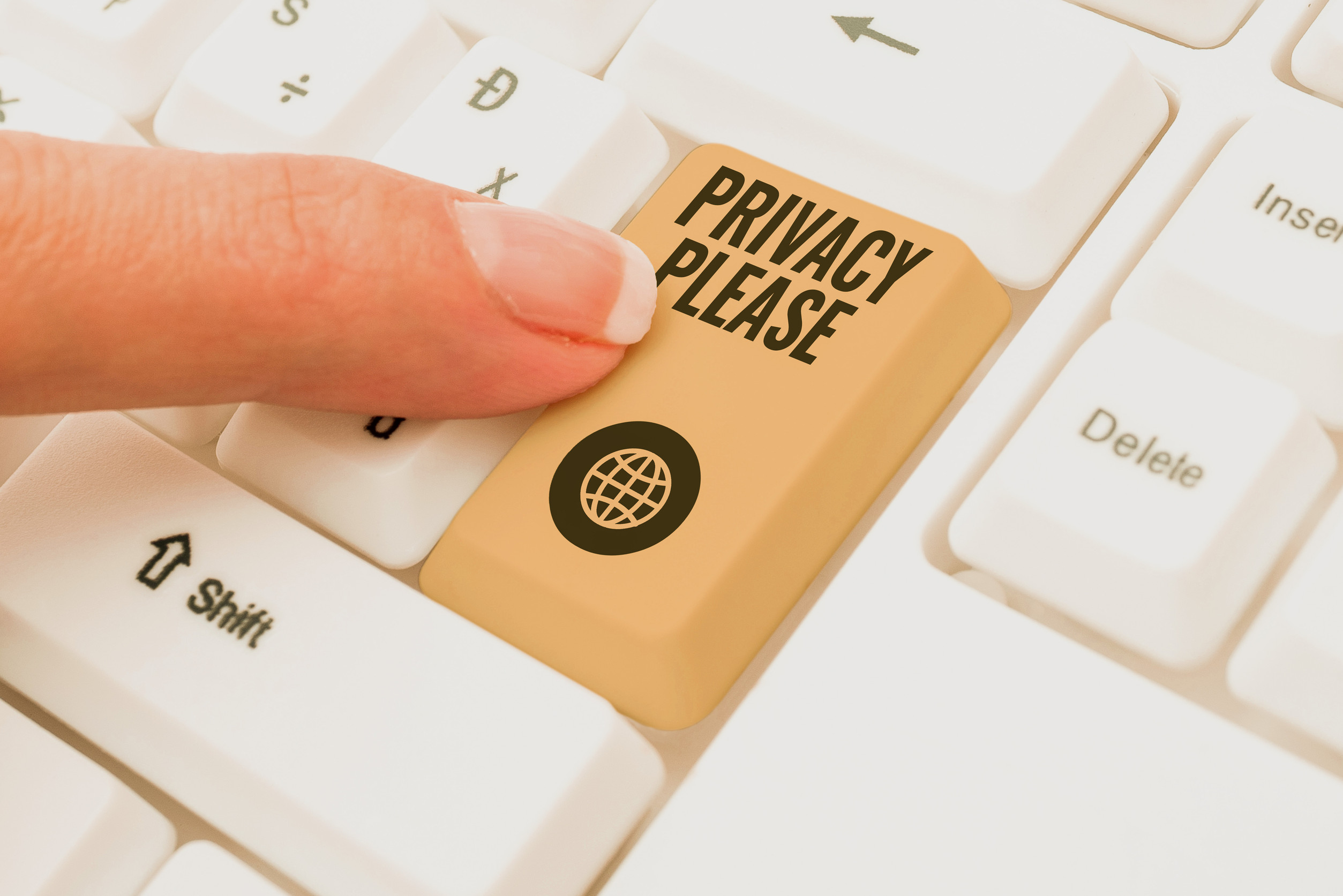Snapping a cute photo of your child at a birthday party or school play might feel innocent enough—but what about the other kids in the picture? In our hyper-connected world, it’s easy to forget that not all parents are comfortable with their child’s image or personal details being shared online. Even well-meaning posts can accidentally cross the line and compromise other kids’ privacy. Whether you’re sharing on social media, in parenting groups, or through a blog, it’s important to pause and think before you hit “post.” Protecting every child’s digital footprint is part of being a respectful and responsible adult in the age of constant sharing.
1. Full Names Paired with Photos
Including both a child’s face and full name in a post can put them at risk, especially when shared on public accounts. This makes it easier for strangers to find, identify, or even contact that child. Protecting other kids’ privacy means thinking beyond your own comfort level with sharing. Even if you’re friends with their parents, you should ask before tagging or naming any child online. First names only—or better yet, no names at all—help reduce digital exposure.
2. School or Location Details
Posts that include school names, team names, or specific location tags make it easy for others to track where a child spends their time. Even something as simple as a school T-shirt or a sign in the background can reveal more than intended. Respecting other kids’ privacy means keeping identifiable details out of your posts, especially if they involve regular routines. It’s also wise to avoid checking in at school events or group gatherings in real time. Post after the fact, and skip the geotags.
3. Discipline or Meltdowns
No matter how relatable a tantrum or awkward moment may seem, sharing a photo or story about another child’s meltdown crosses a line. These posts can be embarrassing for the child and upsetting for their parents. Other kids’ privacy should include the right to have their tough moments kept private, not made public for a laugh or sympathy. What feels like a funny anecdote to you could be humiliating to someone else’s family. Keep sensitive stories offline, especially if the child involved isn’t your own.
4. Medical or Developmental Information
Even with good intentions, sharing information about another child’s allergies, diagnosis, or developmental challenges is a major breach of trust. That information belongs to the child and their family, not the internet. Other kids’ privacy extends to health and learning differences, whether you’re posting to educate, vent, or celebrate. If it’s not your story to tell, it’s best left unsaid. Support others quietly and privately without risking their child’s confidentiality.
5. Group Photos Without Permission
It’s easy to take a group shot at a birthday party or school event and want to share it to celebrate the fun. But unless every parent has given the okay, that picture could violate someone else’s boundaries. Other kids’ privacy is especially vulnerable in group photos because even background faces can be easily identified. A safer approach is to crop the photo, blur faces, or only post pictures of your own child. Better yet, ask parents beforehand or offer to share pictures privately.
6. Personal Comments or Comparisons
Making comments like “Emma always finishes first in class, unlike some of the others” may seem harmless, but it can hurt feelings or stir up tension. Public comparisons and critiques—whether direct or subtle—can undermine another child’s confidence. Respecting other kids’ privacy includes how you talk about their abilities, behavior, or place in a group. Keep your focus on your own child’s accomplishments without dragging others into the mix. Encouragement should never come at someone else’s expense.
7. Birthday, Address, or Event Info
Sharing invitations, party plans, or “see you at Jake’s house at 2!” posts might feel convenient, but they expose details that others might prefer to keep private. Other kids’ privacy includes keeping their personal schedule and home life off your timeline. Even RSVPs or tagged stories at private events should be handled carefully. It’s always better to communicate privately when it comes to party plans or gatherings. Be the parent who protects the moment, not the one who overshares it.
Privacy is a Shared Responsibility
Respecting other kids’ privacy doesn’t mean you have to stop posting about your family—it just means being more mindful of who else might be affected. Every child deserves to grow up with a clean digital slate and the chance to control their own story later. By pausing before you share and choosing privacy over publicity, you’re modeling the kind of thoughtfulness we all hope our kids will one day show, too. A little extra care today can prevent hurt feelings, broken trust, or long-term digital regrets tomorrow. Let’s make the online world safer for every child, not just our own.
What rules do you follow when posting photos or stories that include other kids? Share your tips or experiences in the comments!
Read More:
Privacy Violation: 7 Things Never to Post About Your Kids Online
9 Privacy Settings You Didn’t Know Existed for Kids’ Devices
The post Other Kids’ Privacy: 7 Things Never to Post About Other Kids Online appeared first on Kids Ain't Cheap.








